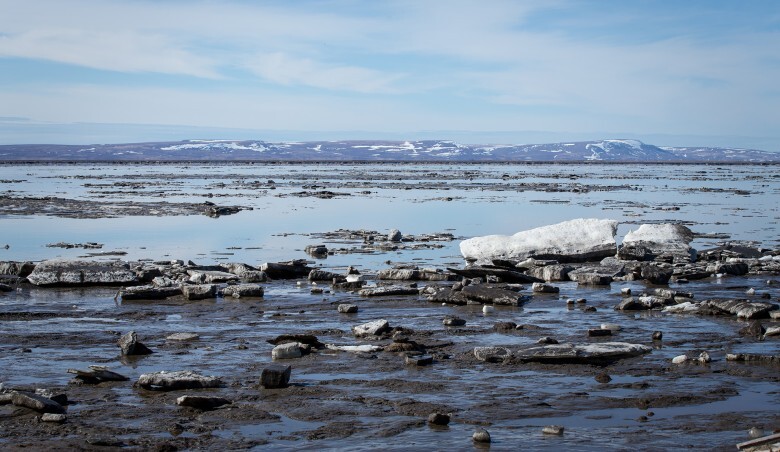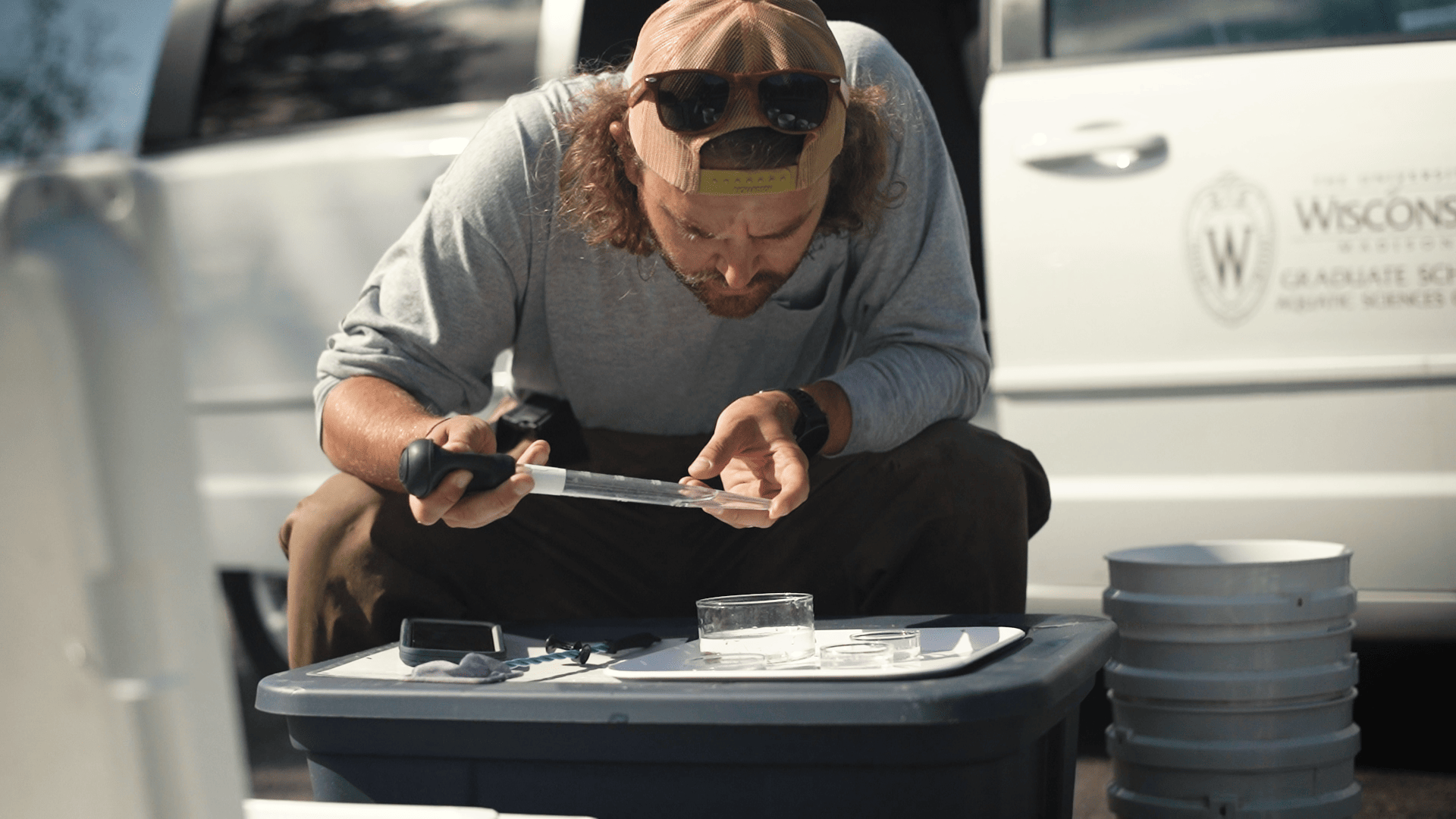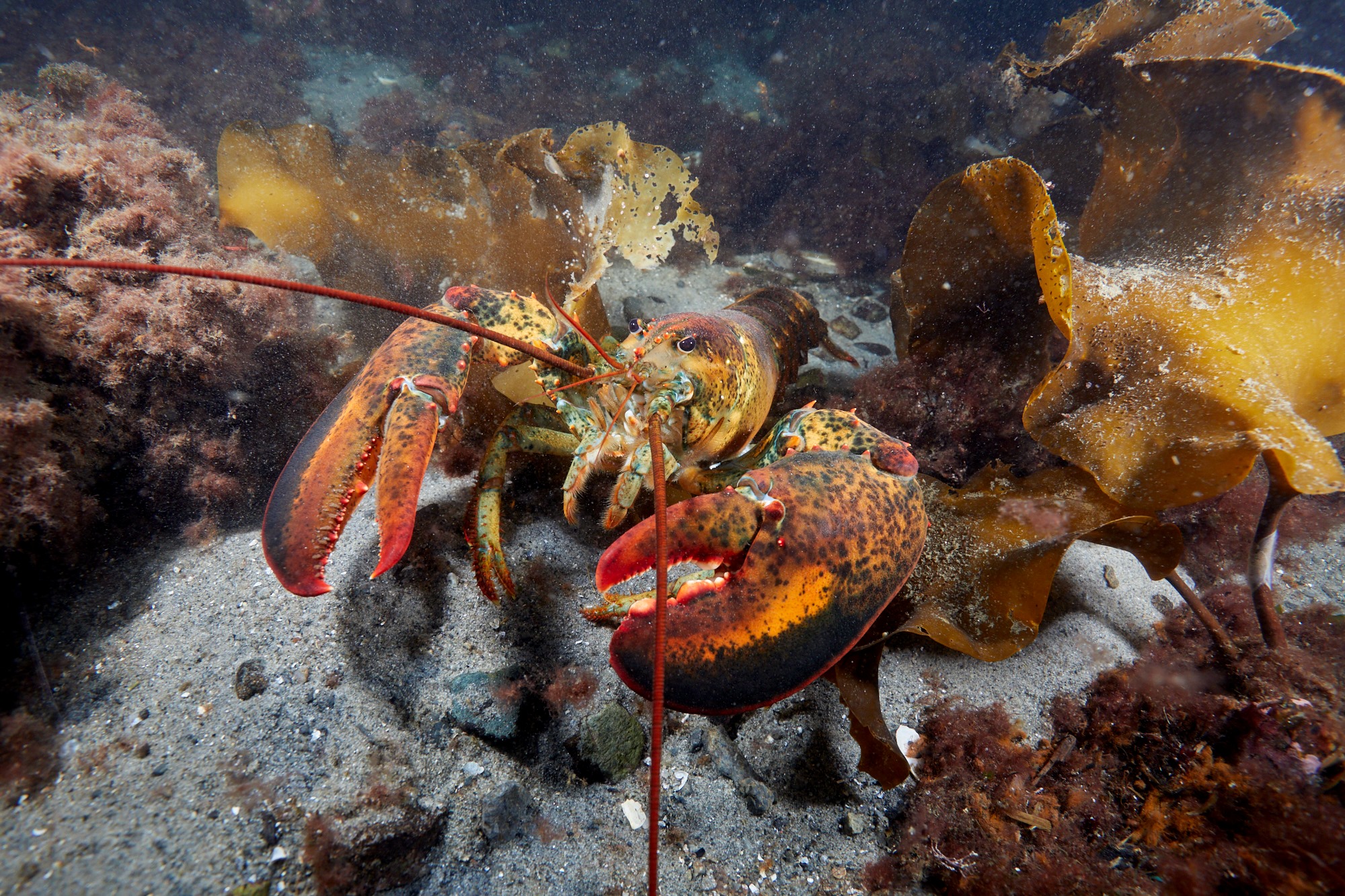Contaminants of emerging concern, like pharmaceuticals, cleaning products and microfibers, pose risks to the Nation’s drinking waters and aquatic life, but they are often excluded from monitoring programs and published water quality standards. Two new projects recently funded by Sea Grant aim to enhance research and monitoring efforts for this class of chemicals and materials while strengthening strategies to reduce their presence in aquatic environments.
In the Great Lakes, Illinois-Indiana Sea Grant will lead the development of a regional research competition on the impact of per- and polyfluoroalkyl substances (PFAS), to better understand the risk, exposure and remediation of these environmental contaminants. PFAS compounds can persist in the environment and drinking water as “forever chemicals”, and they negatively impact human and animal health. The regional research competition will address challenges such as how to effectively communicate risk of PFAS exposure in vulnerable communities, identify behaviors that limit risk of PFAS exposure or negative impacts or quantify economic impacts of suggested PFAS remediation practices. A key component of funded research will be to collaborate with at least one Great Lakes region Sea Grant partner to support outreach activities that engage underserved communities and State or Tribal agencies, sharing research results across the Great Lakes region and beyond.
In the Southeast U.S., the South Carolina Sea Grant Consortium will lead an investigation of the drivers of aquatic contaminants of emerging concern in South Carolina, Georgia and Florida and inform the development of potential mitigation solutions. The program will execute a competitive research program supported by a gap and network analysis, an advisory committee of community experts, and a blended research model of academic faculty, students, state agency representatives, community leaders and extension specialists to carry out research and outreach activities. Topics to be addressed related to contaminants of emerging concern could include prevalence, transport and interactive effects, climate change impacts and human health effects from seafood consumption. In the final year of the project, Sea Grant’s Community Engaged Interns will participate in the development and implementation of outreach activities for pertinent stakeholders.
Both projects will receive a combined total of approximately $900,000 in federal funding over three years and require at least 50 percent in non-federal matching funds.
Sea Grant’s work in contaminants of emerging concern is supported in part by congressional direction and appropriations from fiscal years 2022 and 2021. Funding from 2021, supported a nationwide scoping campaign to identify how the National Sea Grant College Program’s expertise in contaminants of emerging concern can be most effectively leveraged. Connecticut Sea Grant published the resulting national framework in May 2022. The program is also in the process of executing an Atlantic coast regional research competition on contaminants of emerging concern with 2021 funds.


